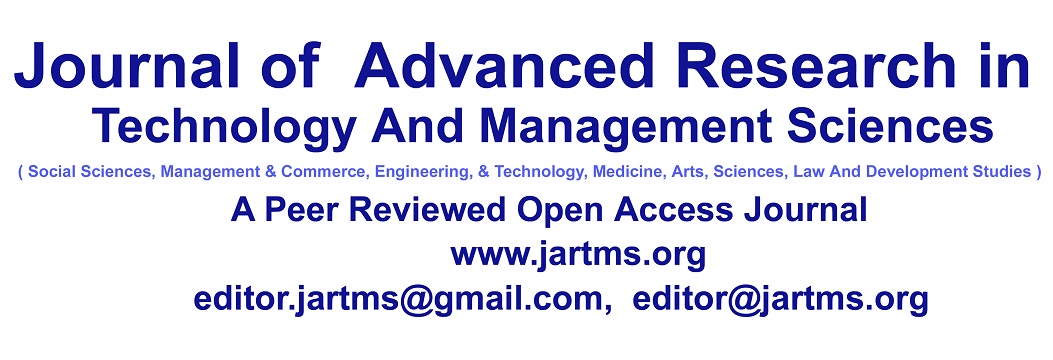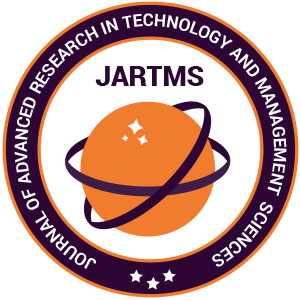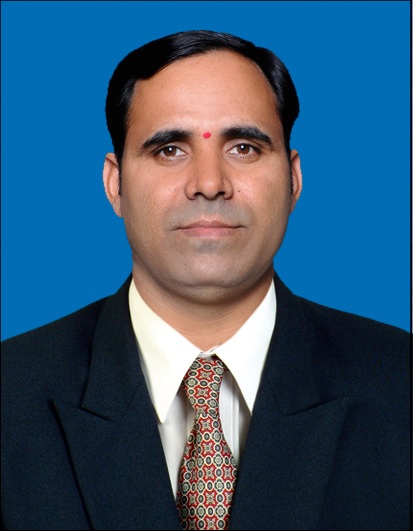Wireless Sensor Network consists of a large number of Sensor nodes, which firstly sense the data and then transmit the sensed data to the base station which is known as the Sink. Network lifetime is one of the key challenges for Wireless Sensor networks because of the limited battery life of the nodes. As we know sensor nodes are energy constrained devices and to increase the lifetime of the network it is very necessary to minimize the consumption of energy of nodes while sensing and transmitting the data. Clustering in Wireless networks is one of the pre-eminent ways to improve the lifetime of the network. In EDEEC, a clustering-based hierarchical model is used where data is aggregated in the cluster and sent to a higher-level cluster head where the cluster head is selected randomly on the basis of residual energy of the network. EDEEC works on 3-level heterogeneous wireless sensor networks in which there are three type of sensor nodes named as normal nodes, advanced nodes and super node, which still have scope of improvement because if the levels of heterogeneous wireless sensor networks are to be increased then more complexity will be there in the network and then a more stable behaviour of network is required. In this work it is proposed that performance of the network can be enhanced if the level of heterogeneity in the network increases because in the real world there can exist more than three types of nodes in the network. In this work EDEEC protocol has been implemented with four types of nodes that includes normal nodes, advance nodes, super nodes and ultra-super nodes and the nodes count varies from 100 to 1000 nodes to check the change in energy consumption and stability of the network.
Keywords : Clustering, Energy, Stability period, Heterogeneous, Wireless Sensor Networks.
Author : Er. Harjit Kaur, Er. Harsimranpreet Kaur, Er. Pratibha Soram
Title : Implementation of EDEEC protocol for 4- Level Scalable Heterogeneous Wireless Sensor Networks
Volume/Issue : 2023;05(03)
Page No : 21 - 32
















































































